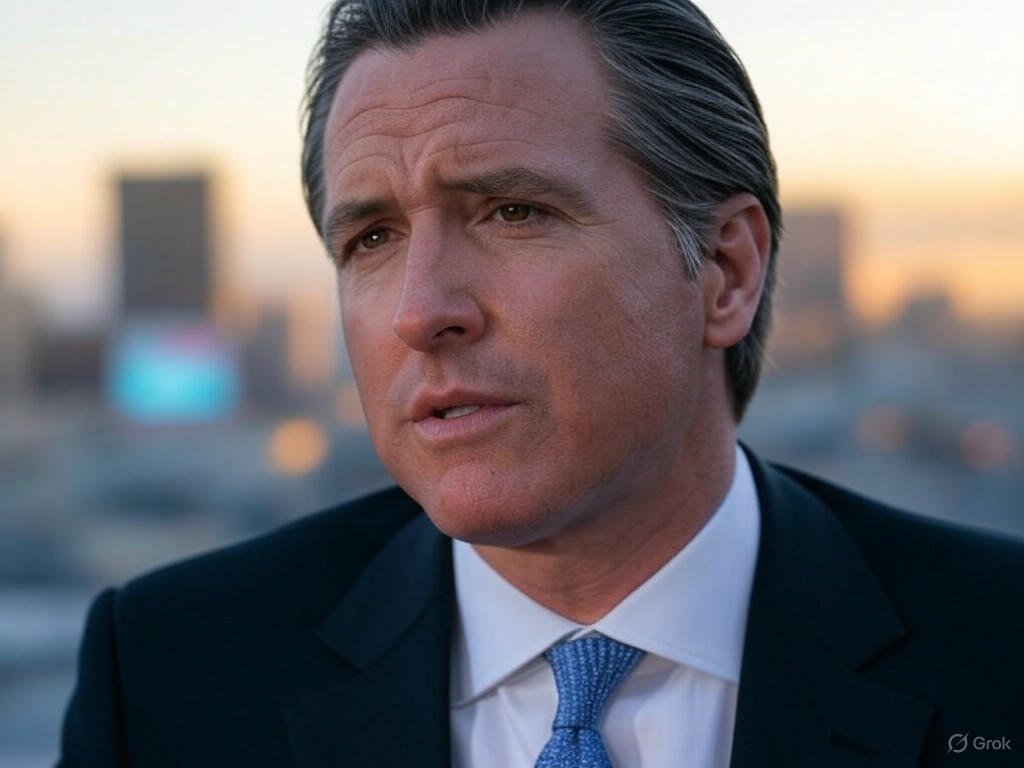California’s Car Ban Controversy: A National Concern Unfolds
In a bold move that has sparked nationwide debate, California’s ambitious climate policies are under scrutiny, with implications that could ripple across the United States. The state’s plan to phase out gas-powered vehicles by 2035, a cornerstone of its aggressive push toward carbon neutrality, has faced significant pushback. Recently, Representative Kevin Kiley took a stand against this initiative by introducing a resolution to halt the sweeping ban. His argument centers on the potential economic fallout and the burden it places on everyday citizens, raising questions about whether such a drastic policy is feasible or fair.
The controversy surrounding California’s vehicle ban isn’t just a local issue; it’s a signal of broader tensions between environmental goals and practical realities. California, often seen as a trendsetter in progressive policy, wields immense influence over national standards due to its massive market size. If the state succeeds in enforcing this ban, automakers may be forced to pivot entirely to electric vehicles (EVs) to comply, reshaping the industry on a global scale. However, critics like Kiley argue that the infrastructure for such a transition—think charging stations and grid capacity—remains woefully inadequate. Moreover, the high cost of EVs could exclude lower-income families from affordable transportation, creating a divide that undermines the policy’s intent. On the other side, supporters of the ban insist it’s a necessary step to combat climate change, pointing to the state’s worsening wildfires and air pollution as urgent motivators.
Beyond the immediate concerns of cost and readiness, there’s a deeper issue at play: federal versus state authority. Kiley’s resolution highlights a growing frustration among some lawmakers who believe California’s policies overstep boundaries, imposing de facto national standards without broader consensus. If his measure gains traction, it could set a precedent for challenging state-level climate mandates, potentially stalling progress on environmental reforms. Yet, ignoring California’s lead might mean missing a critical window to address global warming, a crisis that knows no borders. The resolution also underscores a divide in public opinion—while some Americans champion green innovation, others worry about job losses in traditional industries like oil and gas, or the personal freedoms tied to owning a gas-powered car.
As this battle unfolds, it’s clear that California’s car ban is more than a regional policy—it’s a litmus test for the nation’s commitment to sustainability versus economic stability. The outcome of Kiley’s resolution could either embolden other states to adopt similar bans or trigger a wave of resistance against aggressive climate measures. For now, all eyes are on Washington and Sacramento, as the clash between environmental urgency and practical challenges shapes the future of transportation. Whether you’re in California or not, this debate touches on universal themes of progress, equity, and the sacrifices required for a greener tomorrow. The road ahead promises to be bumpy, but it’s one we’ll all travel together.


